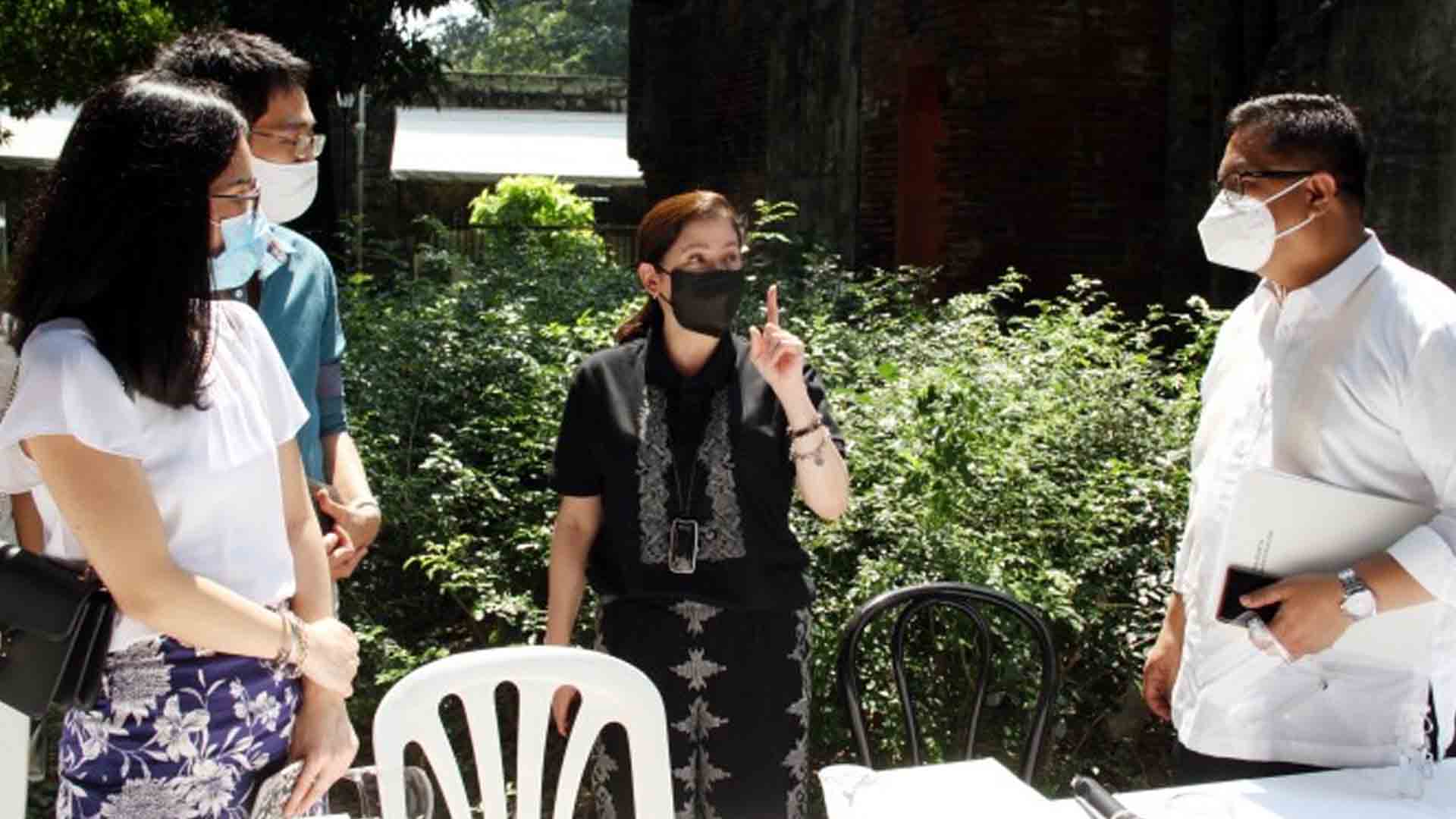Standardized travel protocols for all regions would encourage tourism even during the ongoing pandemic, a study commissioned by the Department of Tourism (DOT) showed.
In a survey titled “The Evolving Landscape of Domestic Travel in the Philippines” by the Asian Institute of Management (AIM)-Dr. Andrew L. Tan Center for Tourism, majority of the respondents cited the “varying LGU (local government unit) safety protocols” as the top source of travel inconvenience.
The study suggested the standardization of protocols at least provincewide or “circuit-wide”.
“The presence of a unified system that outlines the set of standard protocols in various travel destinations will help ease travel arrangements,” it said. “This is especially important in catering to spontaneous day trip travelers.”
Throughout the pandemic, travelers’ preference also evolved, with tourists now preferring outdoor activities, with staycation coming in next.
Change in travel behaviour was also recorded, indicating more opportunities for introducing new travel products and services.
“We found that a lot of young travelers actually travel for study. We also found that even if travelers find their own family members as the safest people to travel with, they still prefer not to include their children in traveling,” said Eylla Laire Gutierrez, research manager of the AIM-Dr. Andrew L. Tan Center for Tourism.
She then highlighted travelers’ willingness to visit multiple destinations and to extend their trips.
As a “strategy to reboot economies and travel activities,” Gutierrez said stakeholders should maximize this and disperse travelers to untapped and nearby destinations.
In an interview with the Philippine News Agency, John Paolo Rivera, associate director at the AIM-Dr. Andrew L. Tan Center for Tourism, said this could be done by creating a “circuit” so that travelers could easily take a detour to nearby destinations.
“Ito ‘yong perfect time to create it, to establish it kasi hopefully patapos na ‘yong pandemic and people will… immediately, they will travel kasi it’s to keep their sanity (This is the perfect time to create it, to establish it because hopefully when the pandemic ends, people would definitely travel),” he said.
Circuits, Rivera said, are slightly different from so-called travel bubbles which connect point A to a specific destination, often outside the region.
In his definition, circuits connect different destinations and are “packaged accordingly” so that sites within proximity could be easily visited, generating jobs and revenues in the process.
AIM’s two-pronged survey gathered responses from a total of 7,243 people across all 78 provinces in the country, 809 of whom are individuals who actually traveled during the pandemic.
It also included responses from 108 tourism enterprises with the objective of getting their sentiments on the “new normal” of travel that would serve as inputs to the DOT’s strategies to jumpstart the tourism industry.
Among the common traveler sentiments that were also obtained through the survey are:
– Travelling is perceived as an answer to keeping one’s sanity;
– Travel and safety protocols need to be standardized;
– Travelling can be personalized; and
– Travelers’ preferences have evolved.
The main survey findings, meanwhile, for tourism enterprises were:
– Stability of public health is perceived as the minimum requirement to accelerate the opening of local tourism;
– A standardized set of health protocols and requirements are needed to promote tourist activity;
– Financial survival (cash flow) remains to be the most pressing concerns of tourism enterprises; and
– Marketing and promotions of tourism products and services remain to be the key point of intervention, followed by financial assistance.
Tourism chief Bernadette Romulo-Puyat, meanwhile, promised that the DOT would roll out product and market development initiatives to help travel agencies and tour operators enhance their travel packages and services.
She also reiterated the call for uniformed travel protocols across tourism destinations.
“As always, we shall be taking a multilateral approach to address current issues relating to the pandemic, working more closely with local government units, stakeholders, and local communities,” she said.
“Guided by the new survey results, the DOT and its partners will be able to plot the crucial next steps for the recovery of the tourism industry, creating better, more efficient and effective strategies where there is mutual and inclusive growth for all,” she added. (PNA)






